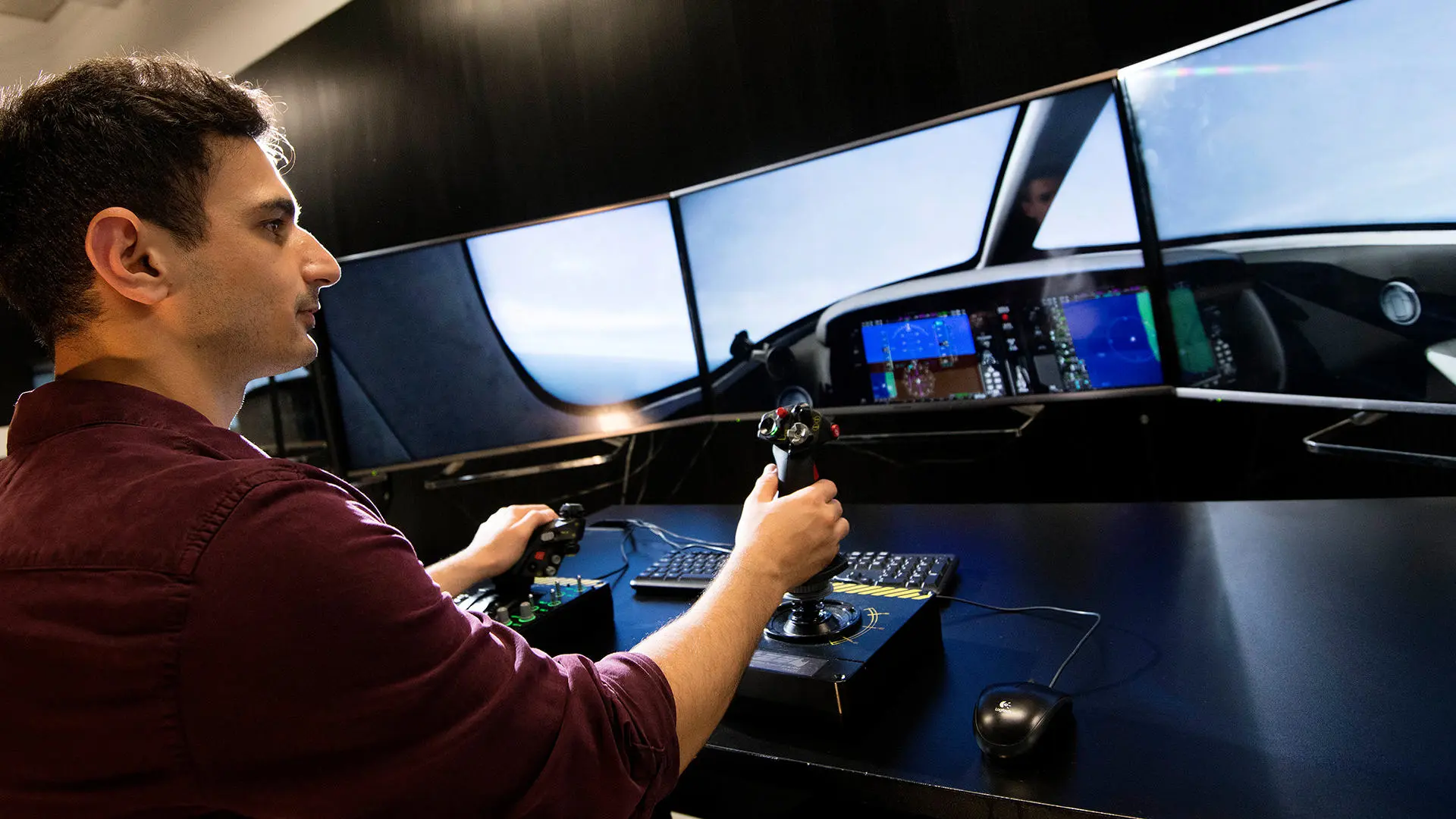Training to become a professional pilot is a big financial investment and it can cost between £70,000 to £130,000. However, the future earning potential makes it a worthwhile pursuit. Specialist loans and scholarships and bursaries may be available to help support you, but they may not cover the full cost of your training. Scholarships and bursaries have individual criteria and may be competitive to obtain.
Key facts
- To fly as a commercial pilot, you’ll need a initially frozen Airline Transport Pilot License (ATPL) and a Class 1 medical certificate.
- The minimum age you can start training is 18. You can unfreeze your ATPL once you turn 21.
- If you have no previous flying experience, it can take at least 16 –18 months to qualify.
- It is a big investment. Training costs vary, and on average range between £70,000 and £130,000.
Why become a pilot?
What qualifications do I need to become a pilot?
- You’ll need a minimum of 5 good GCSE passes in maths, English and science. A Grade 4 at GCSE is considered a standard pass and grade 5 is considered a strong pass.
- Studying a language may also benefit you in a career as a pilot as it will help you communicate with people at work once you qualify.
- A-levels are usually required but it depends on the training route you take.
- At the time of writing, 80 UCAS points are required to be accepted onto our BSc Aviation degree course. For pilot training only, GCSEs are enough.
Where can I train to become a pilot in the UK?
If you want to train at a flying school, The CAA can help you find a flight school to train at.
When you’re selecting your flight school, take into consideration:
- The course on offer
- Aircraft used
- Location of the school
- Whether training can be completed in the UK
- Cost required
Frequently asked questions about becoming a pilot
To summarise, becoming a pilot can be an exciting career path. Whilst it is a big investment, the potential salary, travel opportunities and flexibility make it worthwhile.


